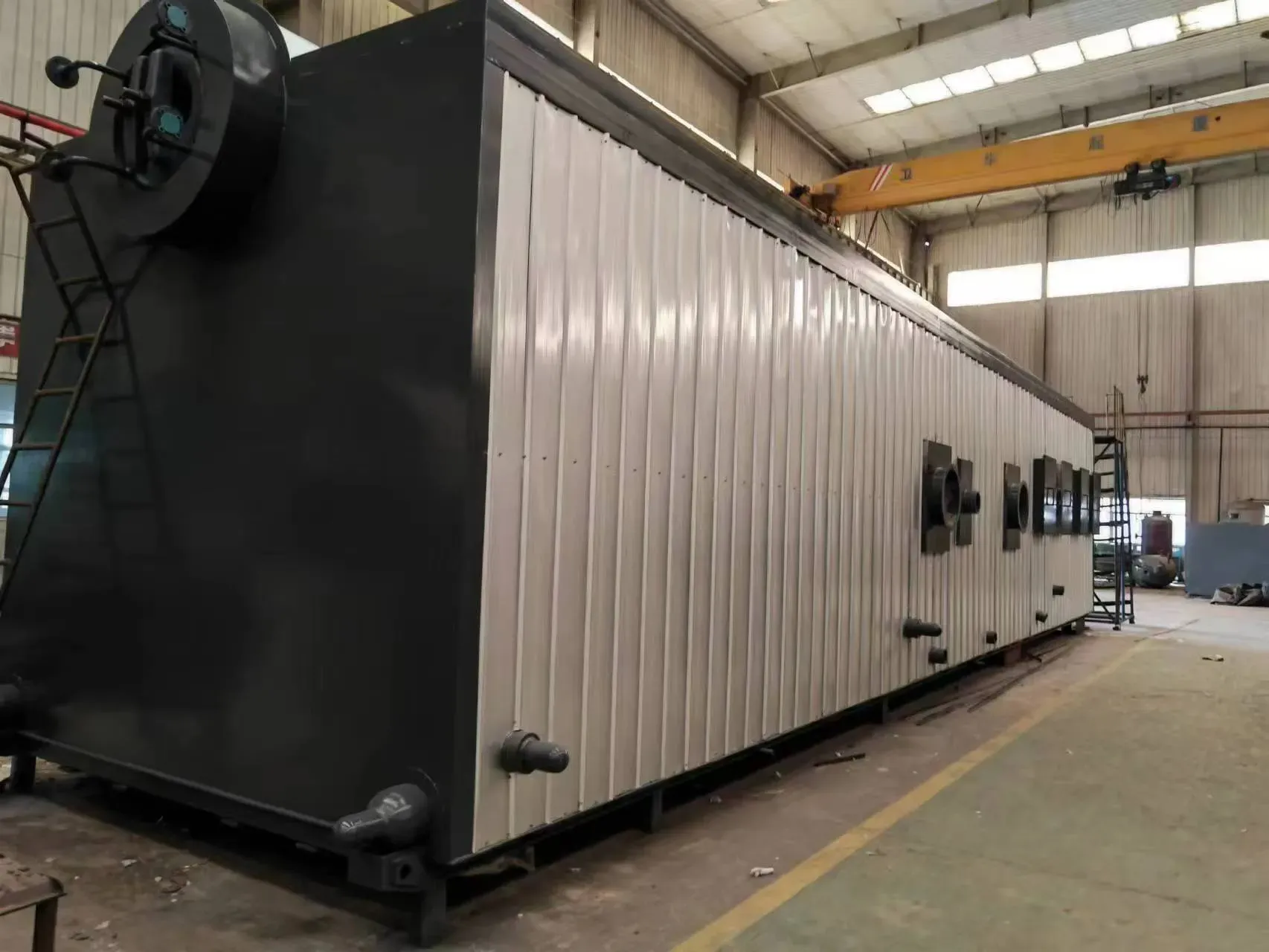Exploring the Efficiency and Environmental Impact of Coal Fired Boiler Technologies in Modern Energy Systems
The Role of Coal-Fired Boilers in Energy Production
Coal-fired boilers have been a cornerstone of industrial energy production for over a century. Despite the growing push for renewable energy sources, coal remains a significant player in the global energy landscape. This article delves into the functionalities, advantages, and challenges associated with coal-fired boiler systems.
At the core of a coal-fired boiler is the combustion process, which transforms coal into energy. The coal is burned in a furnace, where it heats water in tubes, creating steam that drives turbines to produce electricity. This process not only generates power but also provides thermal energy for various industrial applications. Coal-fired boilers are typically utilized in power plants, manufacturing facilities, and large-scale heating operations.
The Role of Coal-Fired Boilers in Energy Production
However, the environmental impact of coal-fired boilers cannot be ignored. The combustion of coal releases significant amounts of carbon dioxide (CO2), a greenhouse gas that contributes to climate change. Additionally, the burning of coal generates particulate matter, sulfur dioxide (SO2), and nitrogen oxides (NOx), which can lead to severe air quality issues and health problems. These environmental concerns have prompted many countries to seek cleaner alternatives.
coal fired boiler product

In response to these challenges, the coal industry has undertaken several initiatives to reduce emissions and minimize its environmental footprint. Technologies such as flue gas desulfurization (FGD) and selective catalytic reduction (SCR) have been implemented to decrease sulfur and nitrogen emissions, respectively. Additionally, carbon capture and storage (CCS) technology is being explored to capture CO2 emissions from coal-fired plants, allowing for more sustainable operations.
Despite these advancements, the transition to cleaner energy sources remains a pressing issue. Many countries are slowly phasing out coal-fired power plants in favor of natural gas, solar, and wind energy. This shift is driven by global agreements to reduce greenhouse gas emissions and improve air quality, indicating a movement towards a more sustainable energy future. For instance, the European Union has set ambitious targets to cut carbon emissions, which significantly affect coal's viability as an energy source.
Moreover, the economic landscape surrounding coal-fired power plants is changing. With increasing investments in renewable energy technologies, the cost of solar and wind energy continues to decline, further challenging coal's role in the energy market. As more countries adopt green energy policies, coal-fired boilers may face increased regulatory pressures and stricter emissions standards.
In conclusion, while coal-fired boilers have played a vital role in meeting energy demands for decades, their future is uncertain in a world increasingly focused on sustainability. The challenge lies not only in balancing energy needs with environmental responsibilities but also in innovating technologies that can mitigate coal's detrimental effects. As the energy landscape continues to evolve, coal-fired boilers must adapt to meet both economic and environmental goals, ensuring a more sustainable energy future for generations to come.
-
Skid Mounted Thermal Oil Boilers Efficient & Compact Design ExporterNewsMay.17,2025
-
Bangkok Industrial Boiler Supplier High-Efficiency Solutions & Factory DirectNewsMay.17,2025
-
Best Home Heating Hot Water Boiler Reliable Exporter & Affordable PricesNewsMay.17,2025
-
High Efficiency Residential Steam Boilers Energy-Saving & ReliableNewsMay.16,2025
-
Hospital Steam Boilers Supplier Efficient Medical-Grade SolutionsNewsMay.16,2025
-
Best Heating Hot Water Boilers Efficient Home Heating SolutionsNewsMay.16,2025

